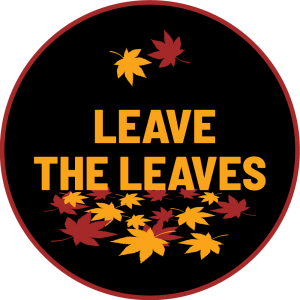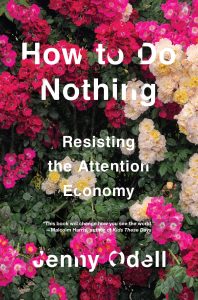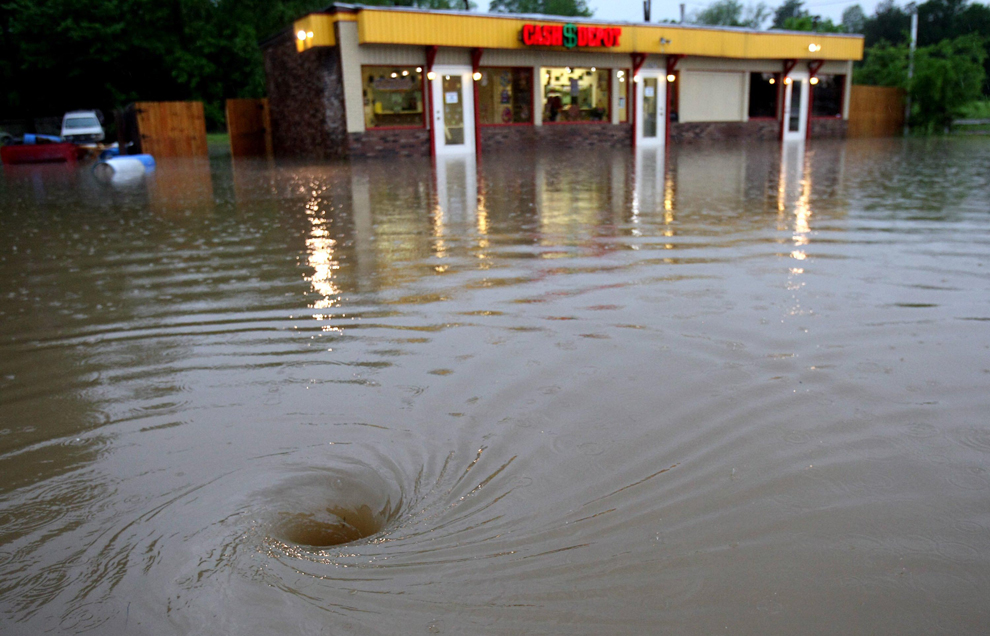
Climate Change
I’ve been working on a campaign to rid my City, Portland, Oregon of gas-powered leaf blowers. This seems like low-hanging fruit in our fight to stop climate change. DC just banned them, so I figure we can do the same. While I’m working on this it got me to thinking what other simple changes could we make that would have a great impact on our climate.
For a long time I’ve had a few ideas that I think would make society simpler and in case #2 reduce commute times. The first is “Where does this dirt go?” The idea is that there is a centralized database that could track when dirt is being dug and moved — which could connect those who have dirt/fill with those who need it — rather than what currently seems to happen — dirt is dug, and then moved to a pile in the sub or ex-urbs and then brought back in via dump trucks. The 2nd idea is also database driven and has people who do exchangeable jobs switch with others to move their jobs closer to their homes. Ie, I am a 3rd grade teacher who drives an hour each day to my school — instead I switch with another 3rd grade teacher so that both of our commutes shorten — this might involve many people switching.
But really on a larger scale, a great way for us to combat climate change will be to pretty much shut down our current economy. I’m in the US, but other countries would probably benefit from this action, too. Our current economy is pretty new and does not have to be the way things are — it just is. So, what do I mean by shut down the economy? Basically, everything that is not necessary to peoples’ lives should stop being produced. Especially, anything that has to do with war or killing (speaking of low-hanging fruit). Yes, many jobs will disappear and the transition will both take time and be a challenge to all of us. And, the other choice is cooking ourselves to death and moving towards a planet that is uninhabitable. So, please hear me out and possibly suggest ideas that could shape this into an actual policy.
Here’s further what I have in mind: the complete localization of everything. I wander my neighborhood in SE Portland and imagine a future where more people are at home — spending time with their kids; learning french and the piano. Imagine a life like that lived by Bill Murray in Groundhog Day — where we’re spending our precious lives learning, playing, cooking food together and being in community with one another. Doesn’t that sound more appetizing than commuting to a cubicle and spending 40+ hours a week working, anyway? It does to me. I think it does to a lot of people.
So, what would go? Well, war-related everything. Health insurance companies seem unnecessary — I could see the US copying Germany’s version of healthcare. The production of a lot of stuff — I’m sure there’s some way to figure out together what’s useful and what’s not? And then for those jobs that are necessary, we share them. The stock market and the way companies progress by driving up share prices for shareholders obviously needs to change. That’s leading to the using up of our natural resources — I’m watching as Oregon forests get chopped down for toilet paper and phone books by out of state investment companies looking to make a quick buck. These trees are the planets lungs — there should be an immediate moratorium on cutting trees, worldwide and planting as many as possible.
And, as quickly as possible we should all be moving towards solar and wind-powered everything. Wow, there’s a lot to think about here. The gist is — how quickly can we transition away from our current way of doing things to something that looks more local, village-like, less resource-intensive, and less fossil-fuel based. While we reduce our human population.
Last word on that idea: there’s a lot of talk about “replacement level” population growth. Why on God’s earth would we want to be at replacement level? Why is that seen as a good thing? The US with 320 million people is crowded. Forget replacement level — shrinking could be a great thing for all of us.
Further thought is needed on a lot of this. And, my a-ha moment about changing how we do things seemed valuable enough that I wanted to share it. Let me know if you have something to add. Thanks. For a better world, Albert Kaufman
PS – this article was also shared on Daily Kos – if you’d like to read some interesting comments check it out.






